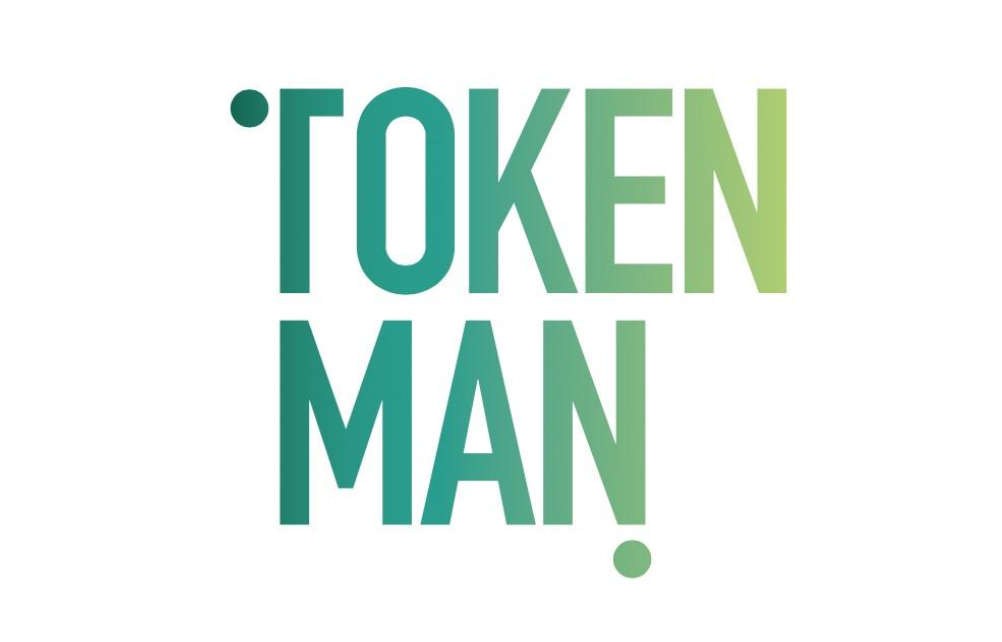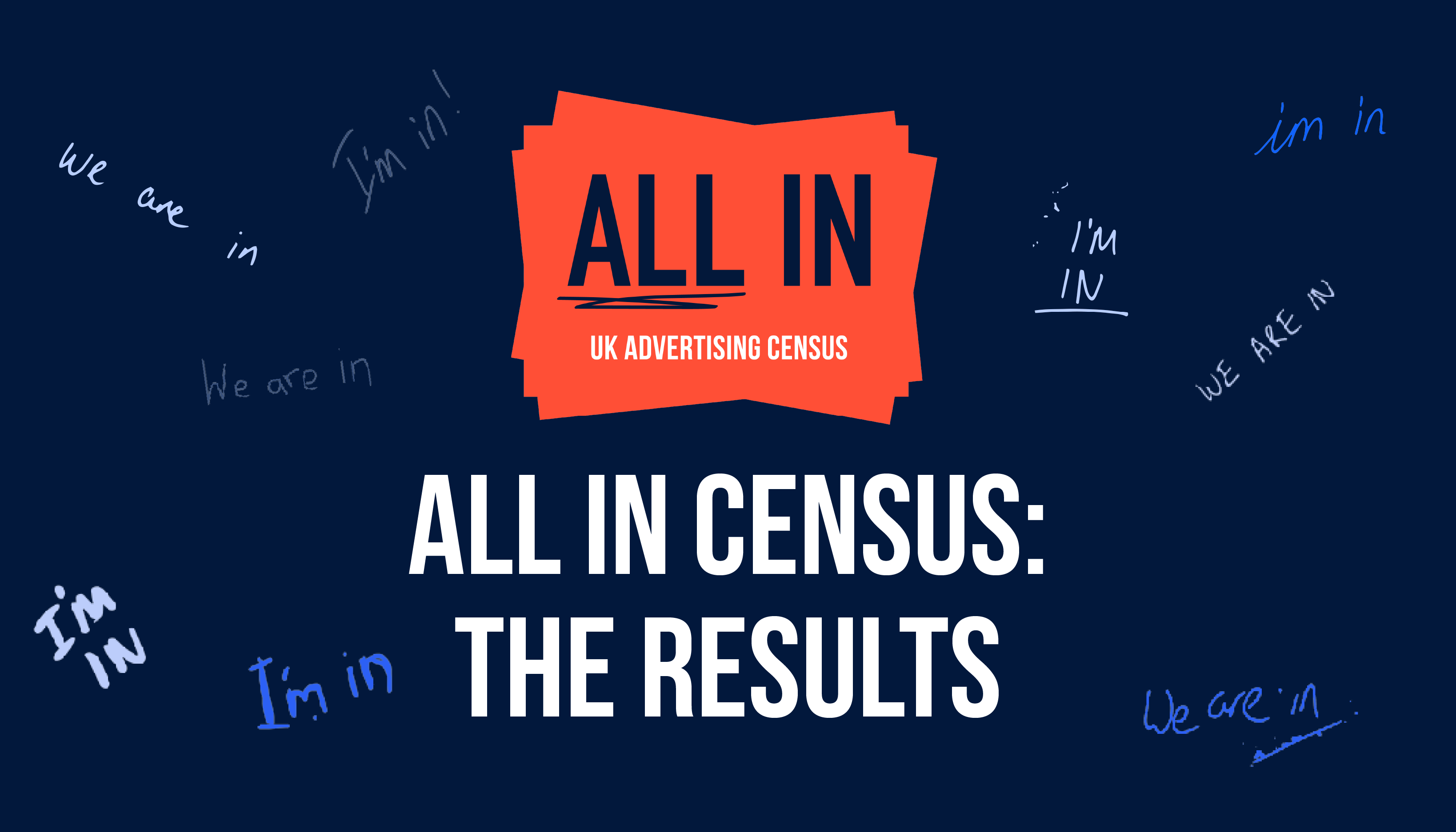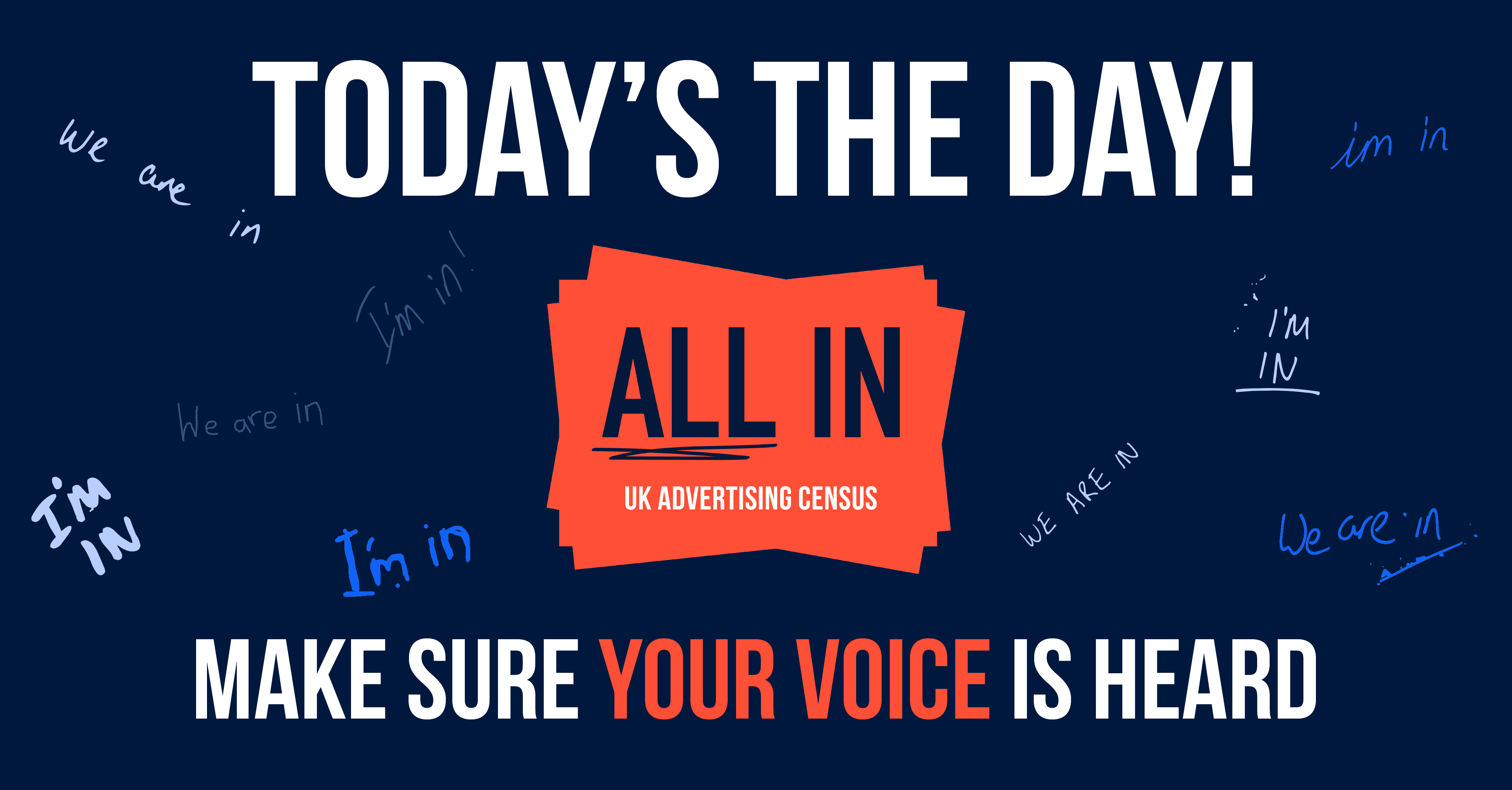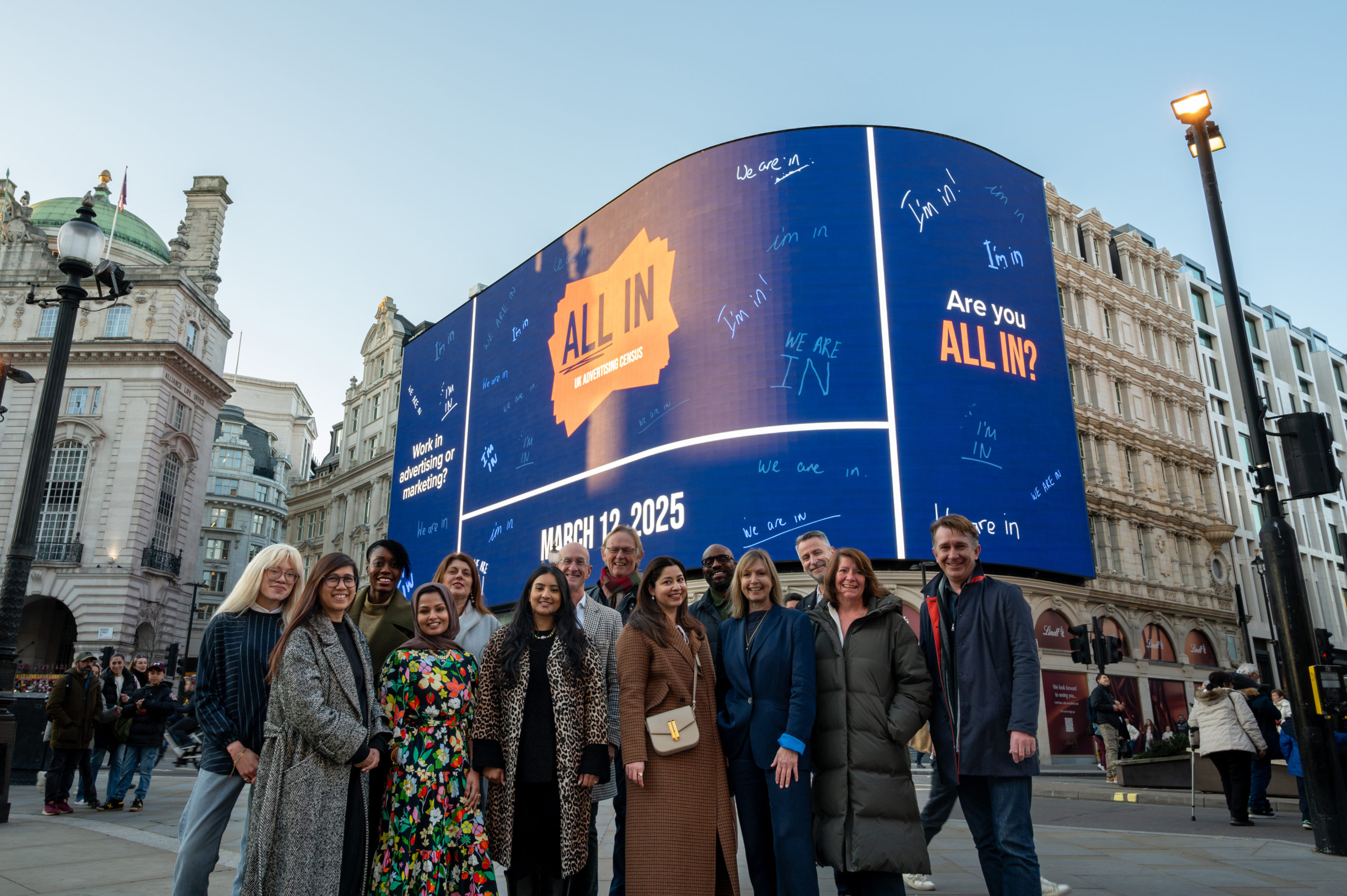When we first launched Token Man back in 2015, we did so in the knowledge that the only way to deliver gender equality in the workplace was to engage those men who had never experienced being in the out-group and therefore simply did not understand daily exclusion and the impact it has on the under-represented groups in the workplace.
At first our narrative was allyship but we soon found that this was simply not working. In asking men to come into a conversation they were not naturally comfortable with we ignored 4 simple human truths:
- People don’t like change
- We don’t know what we don’t know
- Everyone has their own stresses (even white, heterosexual, cisgender, neurotypical, able bodied men).
- Some people, sadly do not want to engage
We realised that in order to engage men who are in positions of power to accelerate change, we need to first understand them – their feelings, motivations and challenges. To resolve this, last year we commissioned a piece of research on Masculinity in the Workplace, the first of its kind, to understand how people are feeling.
You can read the full report here but there are 3 main stats I found most striking:
- 51% of respondents felt that men were taught to suppress their feelings – we are seeking first hand the impact this is having on work related stress as well as in wider society in terms of the suicide rates in men.
- Only 24% of respondents felt that men are taught empathy as a critical work skill – without empathy, you will never build a culture this is inclusive and diverse
- Only 24% of respondents said that flexible work was encouraged while a tiny 11% felt their boss was comfortable with them taking days off due to a child sickness.
The data does show that the system is which we operate is broken. I truly believe that if we can inspire men in the workplace to change in three ways it will benefit everyone. These are:
- To be more vulnerable – sharing how they are truly feeling
- To be more empathetic – not only so they can understand others but in doing so, people may be a little more empathetic with their own challenges
- Taking more primary care giver responsibilities as a parent
But if we think this is going to happen in a silo, we are ignoring the realities that exist within operating outside the norms. Research demonstrates that men face backlash when they don’t adhere to masculine gender stereotypes – when they show vulnerability, act nicer, display empathy, express sadness, exhibit modesty, and proclaim to be feminist (Source: Harvard Business Review).
We need to encourage vulnerability and empathy in leaders and to do this create the space by having empathy for those that struggle with being empathetic. I can’t tell you how many times I have been dismissed in the past about my lack of understanding of empathy from those who have asked me to be more empathetic. We need to unpick why many leaders struggle with empathy (a topic for a future post) and help them on the journey.
The elephant in the room is that this narrative is absent in so many boardrooms. The leaders that we so want to communicate with aren’t the ones that are currently engaging. I’m sad to say there were very few leaders at Masculinity in the Workplace – my hats off to those that were.
Our focus for Token Man in 2020 is to create a strategy to engage with those leaders and start a new narrative. If you would like to help, the easiest thing would be to print out the MIW research report and share it with your leaders. Use it to start a conversation around inclusive leadership and the need for culture change. Together we can create workplaces that are more inclusive and diverse, which ultimately helps everyone.
The report would only have been possible with the support of so many people and I would like to say a massive thanks to Roxanne Hobbs (my partner on MIW), all our MIW partners (AudioNetwork, Coca-Cole European Partners, EQT Ventures, Havas, M&C Saatchi, Opinion, Omnicom, Verizon Media and WPP), Joanna Jones, Fooks from Curious Ways and the Utopia team (particularly Nora Bank and Louise Roberts).




